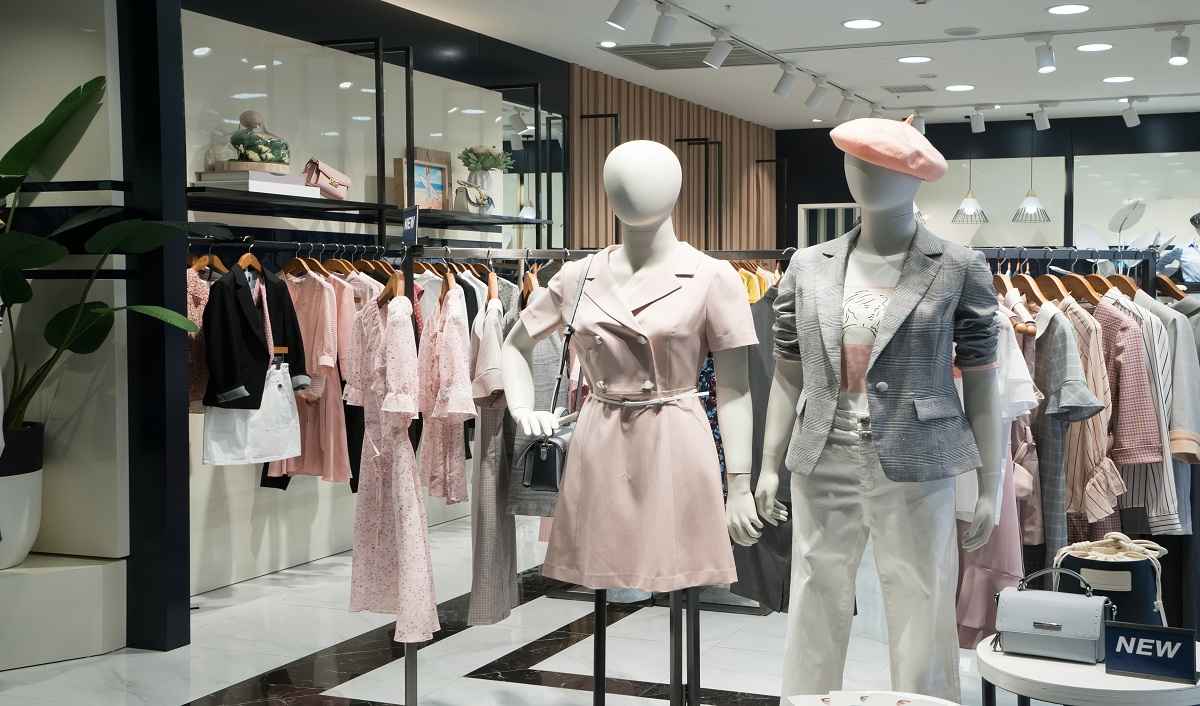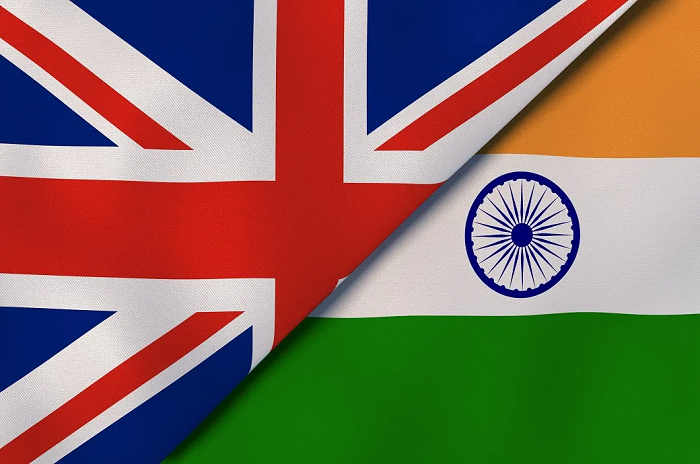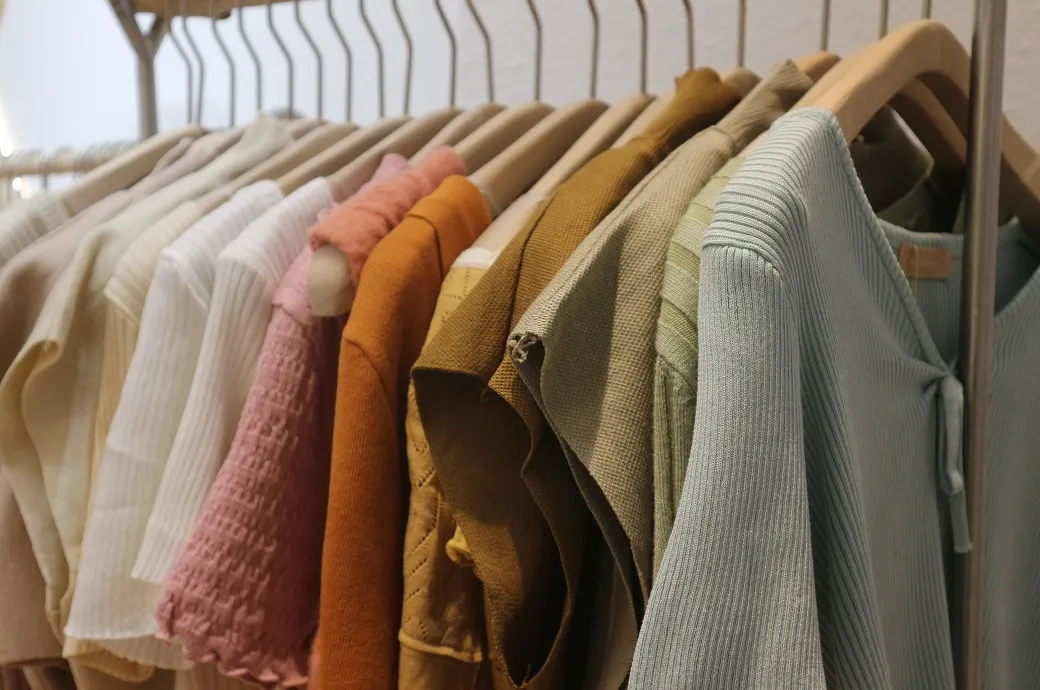FW
In an order, the Karnataka High Court has lifted a stay on parts of a central cotton seed price control order which allowed the government to regulate royalty or trait fees being charged by technology providers. On March 21, the HC had said that the Centre could not fix royalty as it is based on mutual agreements signed by companies.
Earlier, industry body for technology providers Association of Biotechnology Led Enterprises Agriculture Group (ABLE-AG) had approached the court against portions of a December 7, 2015 order of the Union Agriculture Ministry which regulated the maximum sale price of Bt cotton seeds. By this order, the government also sought to regulate royalty or trait fees charged by technology providers from seed companies.
In its recent order, the court said that it is prima facie seen that the source of power to fix the maximum sale price including trait value is available and such step is taken to see that the essential commodity is made available at a fair price to farmers.
Meanwhile, the court also rejected the contention that Bt cotton seeds were not an essential commodity.
According to the data from Panamanian law firm Mossack Fonseca, the Jhunjhunwala family who own the Bhilwara group, incorporated an offshore entity Cresthold Investments Limited in the British Virgin Islands (BVI) in 2004. It was the year the Reserve Bank of India (RBI) announced a new Liberalised Remittance Scheme (LRS), allowing a resident Indian to take $25,000 abroad every year.
An eight-month investigation by an Indian newspaper in collaboration with the International Consortium of Investigative Journalists (ICIJ) into the Mossack Fonseca files shows that Laxmi Niwas Jhunjhunwala (who founded the LNJ Bhilwara Group in 1961), son Ravi Jhunjhunwala and grandson Riju Jhunjhunwala, besides several other members of the family, have been/are shareholders of Cresthold Investments Limited.
The family’s Friends Colony residence in New Delhi is listed in all Mossack Fonseca records. For instance, records for 2008 show a list of seven members of the Jhunjhunwala family as shareholders of Cresthold Investments Limited, variously holding between 250 and 1,000 shares each.
Incidentally, email exchanges between company officials and Mossack Fonseca staff state that the objective of the offshore entity is ‘building wealth.’ According to a February 2013 email, the principal object of the company is to hold investments through its banking facility in Switzerland. The investments include participation in US-based funds for which formalities have been completed. The accounts and records of the offshore company have been kept with a ‘coordinator’ in the Isle of Man.
Vietnam's garment and textile industry wants to revise a development plan to 2020 with vision for 2030, after it overtook the export target with five years left to match the industry's progress.
The current plan was approved in April 2014, and it is expected that Vietnam garment exports will reach between $20 billion and $25 billion by 2020. However, in 2015, the garment sector already earned an export turnover of $27.5 billion. All the garment and textile businesses have actively taken advantage of opportunities through trade agreements such as the Vietnam-Korea Free Trade Agreement (VKFTA), and Vietnam-EU Free Trade Agreement (EVFTA). Vietnam is now poised to leverage the Trans-Pacific Partnership (TPP), the Vietnam News has reported.
Despite the handsome export revenues, Vu Giang, Chairman of the Vietnam Textile and Apparel Association (Vitas) said the industry was facing numerous challenges as many of its companies had closed down or halted production. Therefore, the industry wanted the Government to revise the plan as it was inappropriate and regressive. The Government should outline another long-term plan until 2040 to help the industry's progress go in line with the country's economic development.
According to Vitas, with the current growth, the sector has set export turnover at between $40 billion and $50 billion by 2020, instead of targets set in the current plan.
Struggling teen apparel retailer Aeropostale Inc. filed for bankruptcy protection recently, succumbing to years of losses as shoppers moved on to fast-fashion retailers and online competitors. According to Aeropostale, it plans to finance its operations during its bankruptcy through a $160 million loan from Crystal Financial LLC combined with operating cash flow, as per the court filing. The company expects to emerge out of bankruptcy within six months with a resolution of its disputes with former shareholder Sycamore Partners, which had thrown a lifeline of $150 million to the retailer in 2014.
The mall-based retailer said it would close 113 US stores and all 41 stores in Canada. The difficult market for teen apparel has triggered bankruptcy filings by high-profile retailers such as American Apparel Inc, Quiksilver Inc and Sports Authority Inc in the past year.
Online retailers and fast-fashion retailers such as H&M, Forever 21 and Inditex's Zara have posed a threat to traditional apparel retailers, but American Eagle Outfitters Inc and Abercrombie & Fitch Co have managed to turn around their businesses by controlling inventories and responding faster to changing fashion trends. Aeropostale said in March it was exploring strategic alternatives, including a sale, citing a dispute with a vendor, MGF Sourcing US, an affiliate of Sycamore Partners.
In a significant development, the European Union (EU) has reduced retaliatory duties on some US-made jeans, but will still impose a rate on top of regular duties as part of an ongoing and long-running trade dispute between Washington and Brussels. From May 1 the EU retaliatory tariffs on a number of US-made products including women's and girls' jeans (HTS 6204.62.31) will fall from 1.5 per cent to 0.45 per cent.
This rate is levied on top of regular duties and comes in response to payments the US makes to domestic industries to distribute antidumping duties collected on foreign-made goods. The tariff hike was authorised against the US by the World Trade Organization (WTO) for being in violation of its international trade obligations for failing to fully comply with a ruling against the Continued Dumping and Subsidy Offset Act of 2000.
Known as the Byrd Amendment, this law allowed American companies who complained about unfairly traded goods to receive payment from the additional duties collected by the US.The law was found to be a violation of WTO rules and, despite a repeal in 2005, its distributions were allowed to continue for entries of goods made before 1 October 2007. As a result, the WTO allows other countries to raise tariffs on goods imported from the US up to a certain amount, which varies each year.
Australian Wool Innovation is focused on promoting wool fiber, which means wool suits and wool sweaters. AWI has offices in New York, London, Milan, New Delhi, Shanghai, Hong Kong, Tokyo, San Francisco, and Paris. The Hong Kong office, opened in April, and is the company’s research centre for product development and education. Offices in Milan and London will be the main hubs for company product marketing.
AWI will continue to partner with world’s leading fashion brands and retailers to promote wool as a luxury fiber for high quality performance garments and interior applications. At present, the company is working with various partners and funding around 130 projects across the world. It works closely with some of the most exclusive manufacturing brands in apparel, interiors, and sportswear and continues to administer the Woolmark brand with its licensee partners.
Wool has not traditionally been recognised as a fiber suitable for technical textiles. AWI works with partners through its subsidiary The Woolmark Company to develop new applications for wool as it has with Adidas in its new running shoes. AWI’s main objective is to achieve a stable and profitable wool industry, deliver the best natural fiber to the world, and the best return to its shareholders, the Australian farmers.
In a significant development, the General Brotherhood of American Apparel Workers (GBWAA), a union for garment workers at American Apparel’s southern California manufacturing facilities has called for a boycott of the brand’s merchandise, pointing to mass layoffs and reduced compensation and benefits that have intensified since new management in January 2015 began a process of post-bankruptcy restructuring throughout the corporation.
Currently, GBWAA is awaiting a certification election date from the National Labor Relations Board, and workers with the union say they are calling for the boycott because American Apparel consumers must know corporation is not the high-wage, sweatshop-free company once marketed itself to be, especially since Paula Schneider replaced American Apparel founder Dov Charney as chief executive officer of the corporation.
According to the Union president Stephanie Padilha dos Santos, if people are used to buying American Apparel and think that the company is great and that the whole concept of paying fair wages in industry was what made the company a huge success, then we invite you now to boycott the brand because it is no longer sweatshop-free.
Padilha alleges that the company has been outsourcing production to other ‘sweatshops’ around Los Angeles, while reducing the once relatively high wages earned by production workers at the company, which were the highest in the world, according to the company.
Meanwhile, in another round of layoffs, over 500 workers are reported to have been laid off this April as part of what Schneider has called a ‘redesign of production process.’
Chinese cotton stocks will fall to a five-year low as the huge reserves are being auctioned off. The sharp decline in Chinese imports, and falling domestic production, will help draw down stocks even as Chinese demand falls. A policy of government auctions, and import limitations, will shrink Chinese cotton stocks by seven per cent in 2015-16 and a further 10 per cent in 2016-17.
China’s huge stockpiles, accumulated through an abandoned price support scheme, have been hanging over world markets. The country says it will sell up to two million tons of cotton between May and August. Daily sales will be made of up to 30,000 tons, with prices based on international and domestic markets in the run up to the sales.
China, which up until this year was the world's top cotton buyer, is set to pare its imports to the minimum levels agreed with the World Trade Organisation. Import restrictions are expected to shrink Chinese buying by 40 per cent in 2015-17 with a further 13 per cent reduction in 2016-17. And production in China is expected to fall 10 per cent year on year thanks to high production costs. The fall-off in production and imports will outweigh falling Chinese demand.
For March 2016 Chinese spandex exports were up 23.8 per cent year on year and 41.9 per cent month on month. For the first three months of 2016, total exports surged by 16.7 per cent compared with the same period in 2015. There was a strong demand from traditional textile markets including Turkey and emerging textile markets such as southeastern and southern Asia. In March, demand from Turkey, Pakistan, and Vietnam increased significantly while that from South Korea was largely steady.
China has a surpluse of spandes. In recent years, spandex capacity expanded rapidly, which led to excess supply. Spandex prices plunged and many spandex plants eventually suffered losses. In face of greater competition in the domestic market, many spandex plants developed an export market to ease inventory pressure. So far some plants have already made some progress in the export market and their products have been accepted by more customers.
There is a good demand for Chinese spandex in overseas markets. In March 2016, nearly half of spandex exports were from multinational companies. But Chinese companies also did remarkably well. Huafon for instance exported about 510 tons of spandex, accounting for about 10 per cent of total exports.
Texcare will be held in Germany, June 11 to 15, 2016. This is the world’s leading trade fair for textile care. Over 310 exhibitors – 20 per cent more than in 2012 – will present their latest products and innovations. A good two thirds of companies (67 per cent) are coming from outside Germany. From Europe, there has been an increase in the number of exhibitors from Italy, the Netherlands and Turkey. Exhibiting for the first time are Iran, Lithuania, Pakistan, Thailand and the Ukraine.
Particularly strong growth has taken place in the fields of textiles and accessories as well as logistics, material flows and information technology. The number of companies showing textile products for hire services e.g. work wear, bed and table linen, clean-room textiles, mats, washroom hygiene, terry products and towel rolls has climbed by 50 per cent compared to 2012. The number of exhibitors in logistics, material flows and information technology product segments is up 34 per cent.
Texcare International will occupy 30 per cent more exhibition space this June than in 2012. Many national and international manufacturers have opted to increase the size of their exhibition stands this year in comparison to the last Texcare.
www.texcare.messefrankfurt.com/












